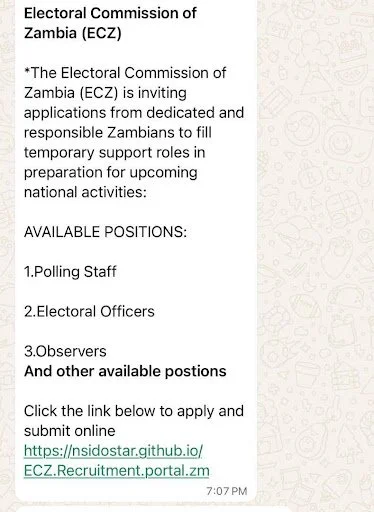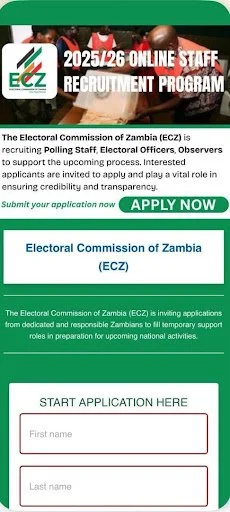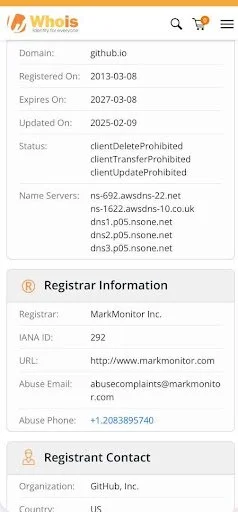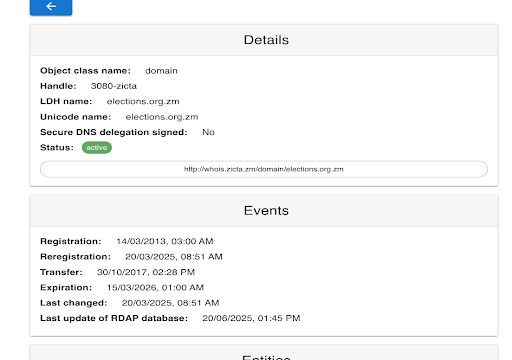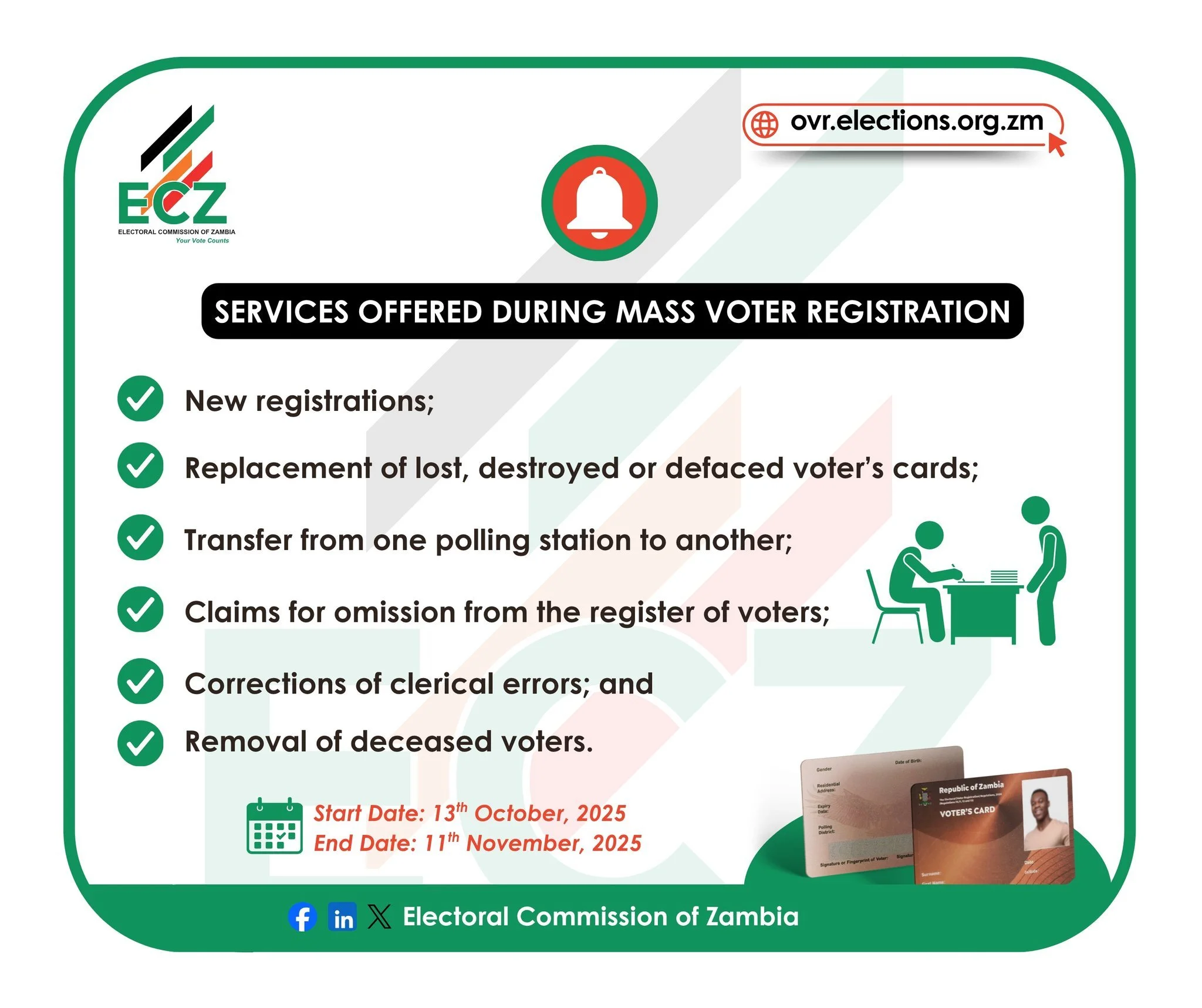An interview on political participation and the lived experience of young people with disabilities
Q1: Let’s start here, Misheck. Who are you, and where do you come from? What experiences led you to become passionate about disability inclusion and civic engagement?
Ans: Thank you. My name is Misheck Limwanya Masheke, and I'm based in Mazabuka District. I currently serve as the National Chairperson for the Zambian National Association of Persons with Physical Disabilities. I'm also an entrepreneur running my own company. I was born in Zambia’s Southern Province to parents from both the Southern and Western provinces. I'm a passionate activist for disability inclusion, good governance, and climate justice.
My interest in governance and civic education began in childhood, and my commitment to disability advocacy deepened after I became disabled myself. Soon I learnt that most of the challenges I once thought were exaggerated were actually real. That experience revealed the reality of discrimination, stigma, and exclusion. I’ve since committed myself to making a difference, driven by a purpose to leave Zambia, and the world, a better place in my own little way.
Q 2: What are some of the most pressing challenges facing young people, both with and without disabilities, in your community?
ANS: Young people, whether living with disabilities or not, face many similar challenges, of course to varying extents. In Mazabuka, one of the most pressing issues is high unemployment, especially among youth and women, despite the presence of the Sugar Company and efforts by the government and other corporate entities. Another major challenge is the lack of empowerment, both financial and skills-based. Many young people lack the training and resources needed to manage projects or sustain their ideas. There’s also a noticeable lack of patriotism among youth. Few are genuinely interested in national issues. If you randomly asked someone what issues they were interested in, patriotism to the nation rarely comes up, as most focus only on personal concerns.
Q 3: You recently participated in the CYLA Zambia Youth Bill 2025 submission formulation workshop. What stood out the most from that experience, and why was it significant for you?
ANS: Thank you so much. I had the rare privilege of joining young people from across Zambia in Lusaka to submit recommendations on the Youth Bill. Many important issues were raised, but what stood out most for me was the opportunity to connect with peers on matters that affect our country.
Coming from Mazabuka, where few young people are engaged in local governance discussions or concerned about the sorts of policies the government implements, it was inspiring to be among youth actively questioning national budget allocations, youth funding, health priorities, and legal frameworks. That level of engagement was both encouraging and motivating.
Another highlight of the CYLA workshop was our collective effort in drafting a document outlining key youth concerns. A major point we emphasised was the need for the Youth Bill to clearly define who qualifies as a youth. Many expressed frustration over older individuals occupying youth-designated spaces by merely self-identifying as young. We also called for the deliberate inclusion of persons with disabilities.
Q 4: What is the current state of civic education among young people with disabilities in your community? Are there any gaps in knowledge, access, or opportunities that you feel urgently need attention?
ANS: Yes, I believe one of the biggest challenges we face as young people is the lack of civic awareness and interest in national matters. This issue is even more pronounced among persons with disabilities, regardless of the type of disability.
Take Mazabuka, for example—despite having over 3,000 persons with disabilities, the area only has three special schools and one inclusive school. This limited access to education contributes significantly to high illiteracy rates, leaving many with disabilities excluded from civic knowledge and engagement from an early age.
As a result, their interest in national affairs is minimal. Often, the only time persons with disabilities participate in public events is on International Day of Persons with Disabilities. They rarely attend Youth Day or Independence Day celebrations because they feel excluded and lack a sense of ownership or connection to such events.
This sense of exclusion is a major barrier. In the 2021 elections, for example, almost no persons with disabilities contested for political positions. To my knowledge, only Dr Mdunga ran for parliament and was unsuccessful. This highlights the deep gap in representation and the persistent feeling among persons with disabilities that they are deliberately left out.
Q 5: In your view, to what extent are persons with disabilities meaningfully included in governance and political processes in Zambia today?
ANS: Thank you very much. I strongly feel that the Zambian government has made some efforts to include persons with disabilities. For example, there’s a policy mandating that 10% of recruitment slots go to persons with disabilities. We’ve also seen their deliberate inclusion in Ward Development Committees and Constituency Development Fund Committees. Though minimal, these are clear signs of deliberate progress.
However, you will still need a microscope to notice this change. For instance, though the president has the discretion to nominate eight members of parliament, [currently] none of the nominated MPs are persons with disabilities. We have many capable and vibrant individuals with disabilities, yet none currently serve in cabinet or hold key roles such as permanent secretary in major ministries.
We still do not have persons with disabilities holding key decision-making positions. As persons with disabilities, we often say, “Nothing about us without us,” and there’s a saying that if you're not at the table, you're on the menu. Unfortunately, we continue to be legally and systemically marginalised, the first to be forgotten and last to be remembered. This exclusion is also evident in the political space, where real inclusion remains limited.
Q 6: Can you share some of the personal barriers you've faced when trying to fully participate in governance and political processes? What did those moments reveal about the broader Zambian governance system?
ANS: I’ve personally felt the limitations of Zambia’s political space. In 2021, I felt compelled to participate in the elections, but political violence at the time made it unsafe, especially for persons with disabilities.
That year, I served as an election observer through ZAFOD. Unfortunately, the polling station I was assigned to wasn’t accessible for wheelchair users. I needed a personal assistant all day, from 4 a.m. until 11 p.m., yet the organisation funding the exercise wouldn’t cover the assistant’s cost. I was compelled to be with this person that the organisation was never going to compensate.
Further, the polling station’s infrastructure, including the ablution facilities, was entirely inaccessible, forcing me to rely on someone else. While in theory I had the right to participate freely, the environment made it practically challenging to do. When I look back, that experience still haunts me to date. It showed that real inclusion goes beyond pronouncements; it requires accessible systems.
Q 7: What practical steps by government, civil society, or youth-led movements do you believe could address those challenges and move us toward genuine inclusion?
ANS: I strongly support mixed-member proportional representation, as it would help ensure that persons with disabilities are included in key decision-making roles. Unlike the current Article 259, which grants the president the flexibility to not appoint persons with disabilities in favour of other groups, hiding behind a personal bias or political interests, proportional representation would be more deliberate and inclusive.
To truly achieve disability inclusion, civil society, individuals, and the government must work together. Disability has long existed, yet progress remains slow. Compare this to HIV/AIDS—once highly stigmatised, it’s now widely understood, with affected individuals participating more freely in society. This change happened because all hands [of the entire world] came together to address it.
In contrast, I feel the fight for disability rights has largely been left to marginalised persons with disabilities themselves, while many non-disabled people have opted out. So, to me, [disability inclusion] requires unity of purpose, holding hands together, and combating this as a common challenge that affects all of us.
Q 8: Reflecting on your experience during the 2021 general elections, how accessible was the process for you as a voter with a disability? What specific improvements would you like to see in terms of polling venues, communication materials, and overall logistics?
ANS: As a person with a disability and an election observer, in the 2021 general elections I was particularly sensitive to how fellow persons with disabilities were treated during the election. I saw visually impaired voters being assisted by polling assistants, support which, to some extent, could infringe on their right to vote independently and secretly because they have to ask another person to cast a vote on their behalf.
Going forward, I think ballot papers should be printed in Braille. The Electoral Commission of Zambia (ECZ) already has voter data and knows which polling stations persons with disabilities are voting from. If they know that Misheck is a wheelchair user, they can use this information to ensure better accessibility, for instance, by setting up temporary ramps at polling stations for wheelchair users.
Additionally, ECZ should provide sign language interpreters to support voters with hearing or speech impairments so that such voters do not struggle when exercising their democratic right to choose their next group of leaders. Ensuring that all voters can exercise their democratic rights independently and with dignity should be a clear priority.
Q 9: What message would you like to share with fellow young people with disabilities regarding their political participation and civic engagement?
ANS: To my fellow young people and persons with disabilities, I say that we only have one Zambia, and we ought to love our nation unapologetically. Those that lived before us fought for this independence, this freedom that we are enjoying today. They fought for the political power; now we [it is our turn to] fight for inclusion in parliament and other governance arenas. Now we fight for economic liberation and emancipation.
As young people, we must take action. We need to register as voters in large numbers. We cannot afford the luxury of not being interested in politics and their processes. As long as you eat bread, as long as you buy mealie meal, and so long as you eat Nshima, then you ought to be interested in politics because politicians decide the cost of living. Politics decide how much you pay at your school. They decide literally everything around your life.
We need to deliberately begin to position ourselves even though we lack the financial muscle. We might not have the financial power, but as young people, we have the numbers. So, if we collectively say this is wrong and demand change, things will change. We need to begin asking questions now because this is our Zambia, and we have to love it unapologetically. And I urge all youth, with and without disabilities: you need to love Zambia.
Q 10: And finally, should we expect to see your name on a ballot someday? Do you have aspirations to run for public office in the future?
ANS: Thank you. As I mentioned, I became a person with a disability in 2017 and received a disability certificate from the Zambia Agency of Persons with Disabilities. In 2018, I was elected District Youth Chairperson of the Zambia National Association for Persons with Disabilities.
Fast forward to 2024, I was appointed National Youth Chairperson of Persons with Disabilities atthe national level. I can assure you that my passion to lead and my passion to leave a mark in history that will not be forgotten by either space or time are huge. I intend to not only lead persons with disabilities, but to be the change that I want to see.
So be rest assured that in 2026 and even beyond, I will be contesting. First, I will be running for councillor in my ward in 2026 [and opt for something else thereafter]. And the aim, of course, is to run under the United Party for National Development ticket which we'll see how it works out.
But as a young person, I remain committed and astute and not challenged and determined to be the change that I want to see. I will be running for office; expect to see me on the ballot, and I anticipate your support and love.
Thank you
Thank you, Misheck, for your invaluable insights and time.




